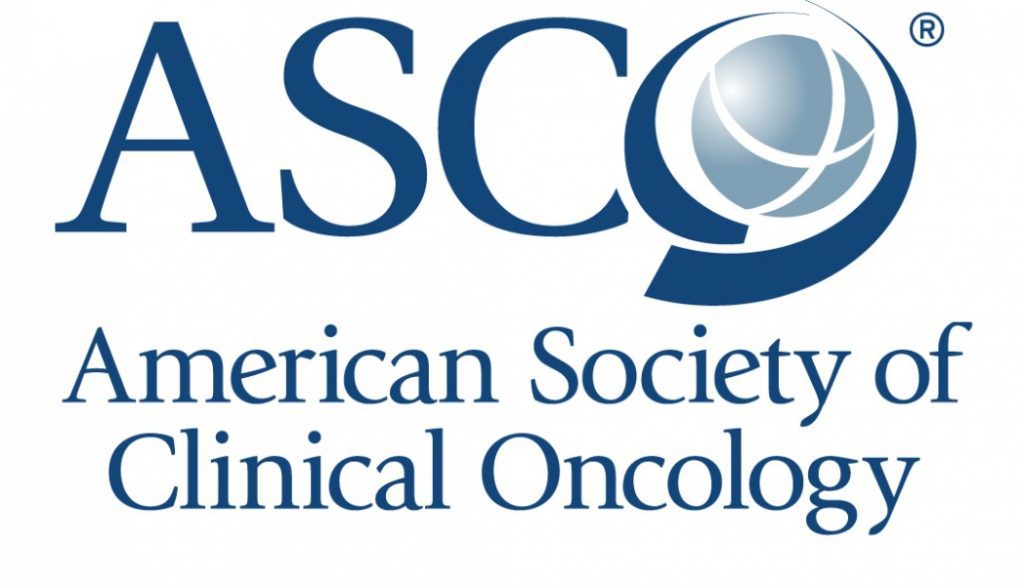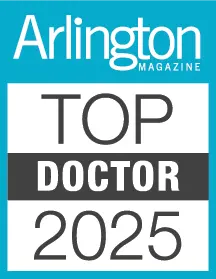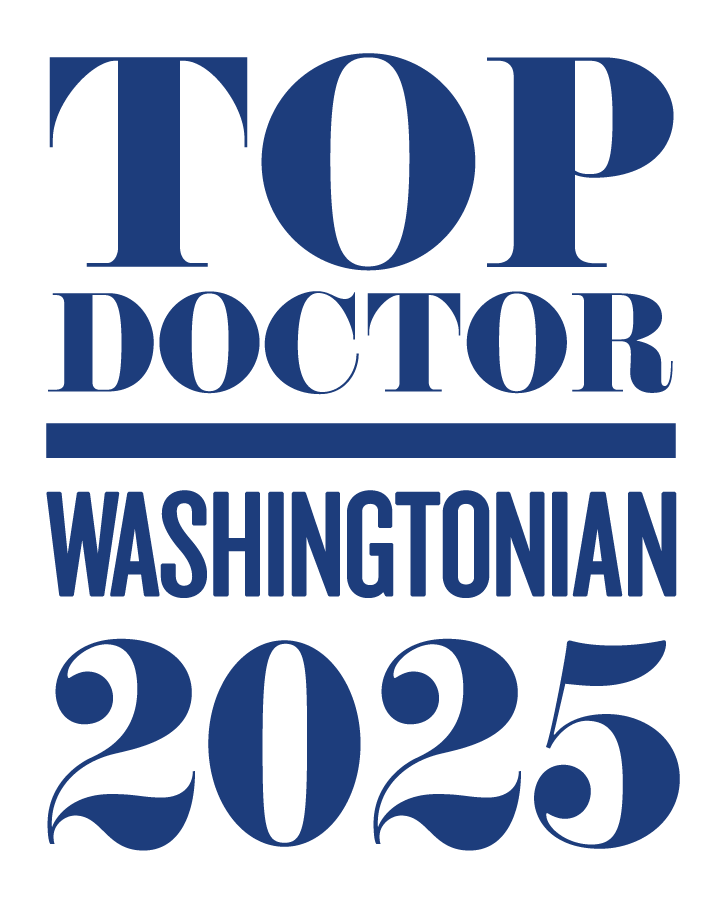FDA Approves New Shield Blood Test for Colorectal Cancer Screening: What You Need to Know, Keeran Sampat, MD
Virginia Cancer Specialists Practice Blog
August 01, 2024
Virginia Cancer Specialists » VCS Practice News » Cancer Types » VCS Practice News » Colon & Rectal Cancer » FDA Approves New Shield Blood Test for Colorectal Cancer Screening: What You Need to Know, Keeran Sampat, MD
















